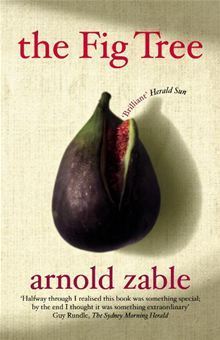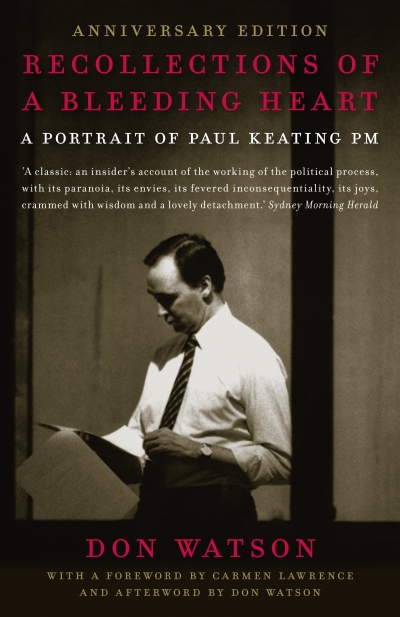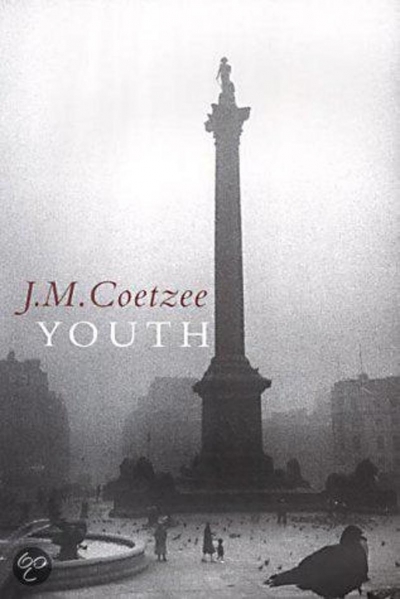Archive
The Penguin Book of Etiquette: The complete Australian guide to modern manners by Marion von Adlerstein
ABR welcomes concise and pertinent letters. Correspondents should note that letters may be edited. They must reach us by the middle of the current month. Emailed letters must include a telephone number for verification.
... (read more)Recollections of a Bleeding Heart: A portrait of Paul Keating PM by Don Watson
At seven o’clock on the morning of 2 February 1999, I was due at the Memorial Hospital in North Adelaide to relieve my older sister at my mother’s bedside, where she had been all night. The alarm was set for six. At five-thirty, I was woken by the phone; my mother had died, as we had known for a couple of days that she would, from complications following a cerebral haemorrhage.
... (read more)The New York City Opera could not have known when they programmed a revival of John Philip Souza’s The Glass Blower just how appropriate it would be post-September 11.
... (read more)Advertisements asked ‘Which twin has the Toni?’
Our mothers were supposed to be non-plussed.
Dense paragraphs of technical baloney
Explained the close resemblance of the phoney
To the Expensive Perm. It worked on trust.






